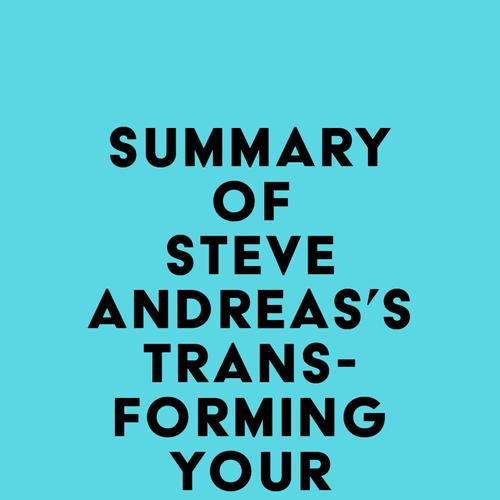Please note: This is a companion version & not the original book.Sample Book Insights:#1 Your self-concept is based on your memory, and how you organize and think about those memories. You can't possibly think of everything, so you have to select some aspects, and ignore others. If you think of yourself as intelligent, you think of times when you demonstrated that, and ignore the times when you misunderstood or made a mistake.#2 Your self-concept is a map of who you are. It is a simplified version of the territory that it describes, and it is useful because it helps you get around in unfamiliar territory and find the things that interest you. It can never fully describe who you are, since that would be too complex and cumbersome.#3 Self-esteem is the result of your evaluation of your self-concept. If you act in a kind way, and you value kindness, you can feel good about it and have high self-esteem. However, if you are cruel, and you value cruelty, you will have low self-esteem.#4 Self-esteem is the result of an evaluation of the self-concept. If you don’t deal with the self-concept, but just try to help people feel good about themselves directly, you will not achieve your goals.
